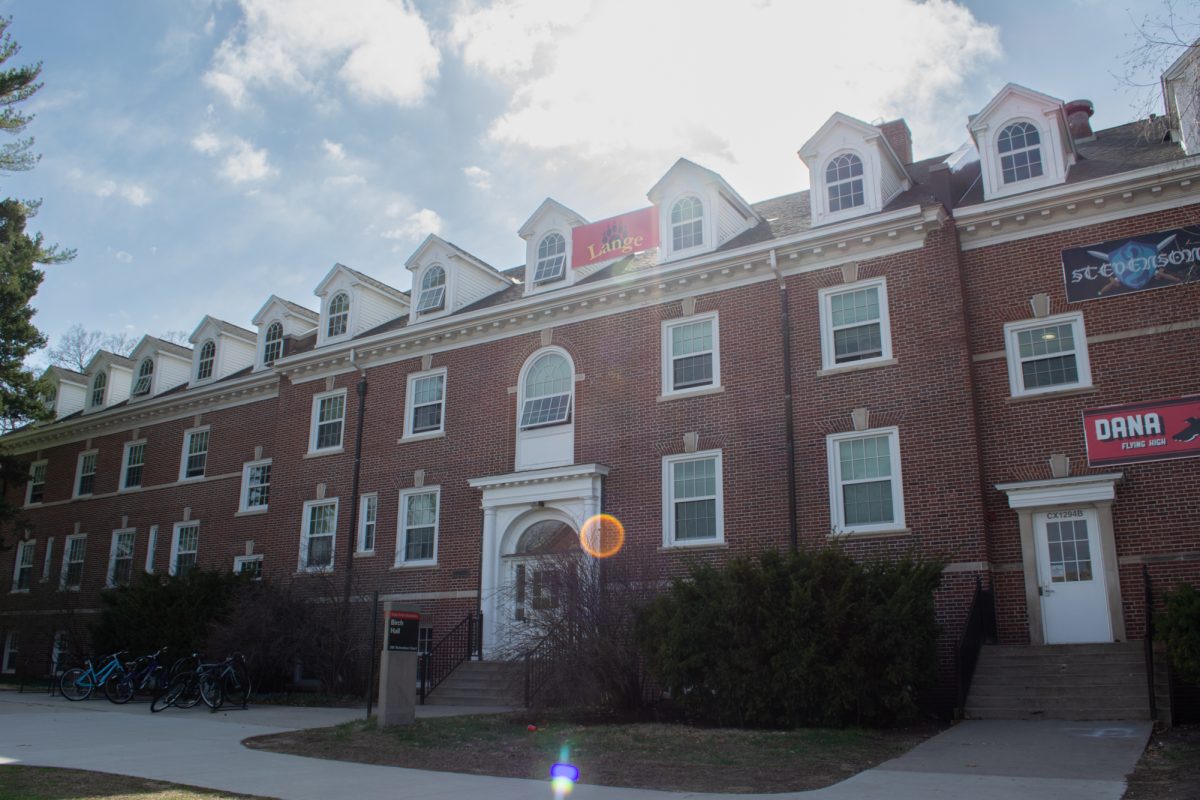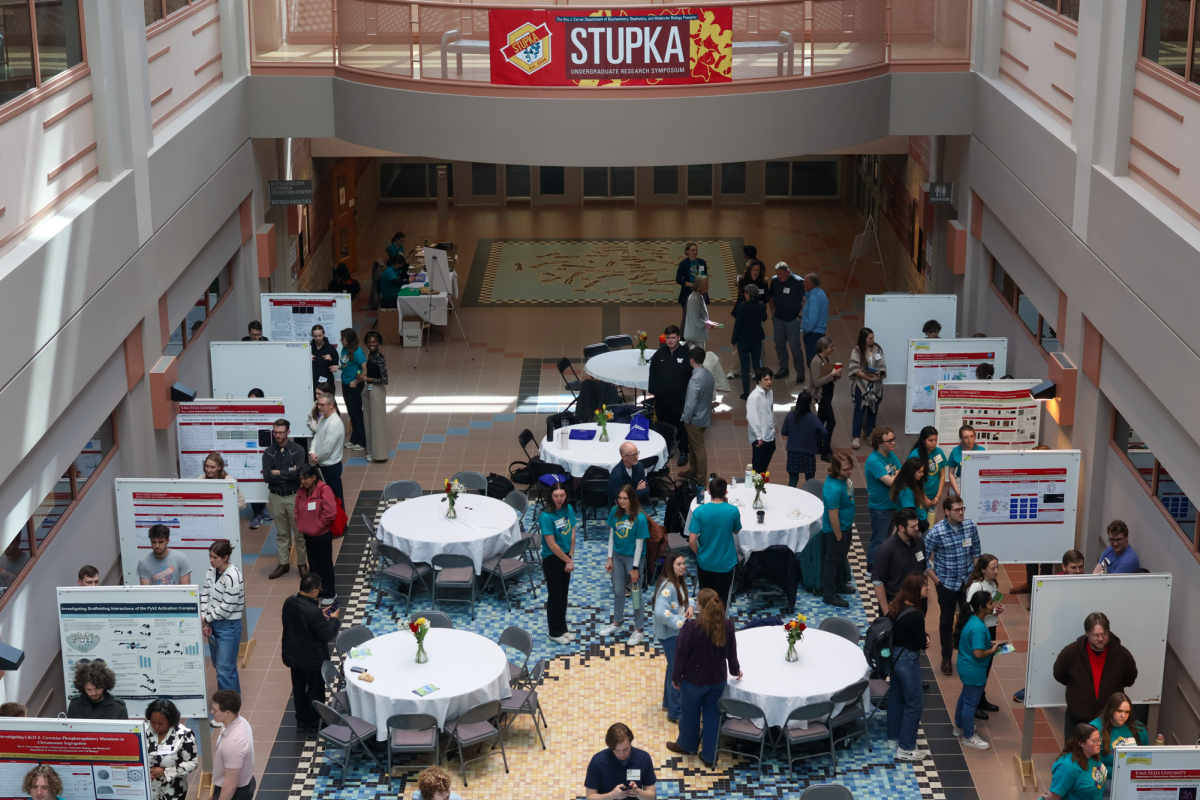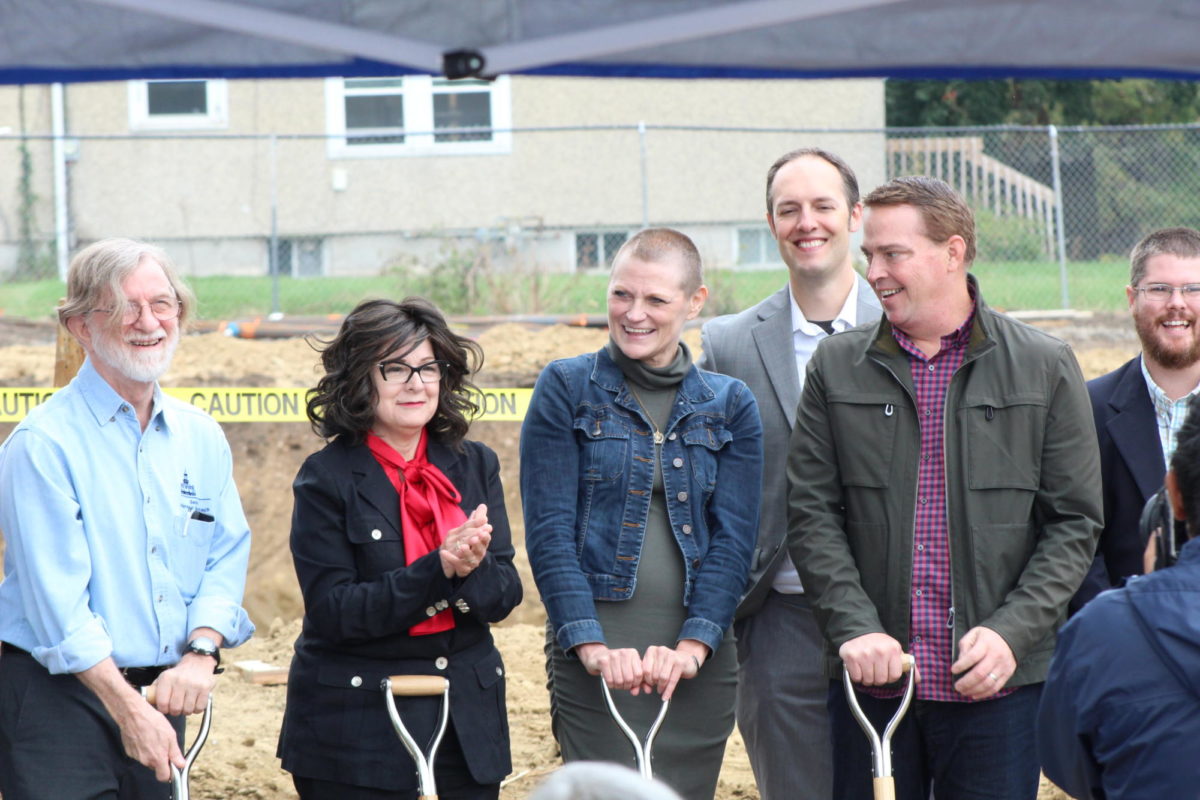Guest Column: Ames Chamber of Commerce pulls for immigration reform
November 8, 2015
As a key stakeholder in Iowa’s Cultivation Corridor, the Ames Chamber of Commerce and Economic Development Commission is at the heart of our state’s changing economy. Through increased investments in agbioscience, biotechnology, biorenewables, informational technology and advanced manufacturing, our region is a leading and diverse entrepreneurial corridor in the Midwest and across the United States.
While the corridor continues to experience job growth and low unemployment, workforce development remains a key issue, as companies continue to be unable to find qualified workers to fill available positions. There are many possible solutions to this pressing issue, but one that warrants strong consideration is modernization of our nation’s immigration system.
Accounting for, and advancing with, the changing economy, central Iowa has experienced tremendous growth in high-skill jobs over the last decade, but a qualified workforce has not increased at a sufficient rate to fill those positions. In fact, according to a recent study, for every 3.4 job openings in the science, technology, engineering and mathematics (STEM) fields in Iowa, there is only one qualified worker.
With Iowa facing a shortage of high-skilled workers in the STEM fields, it becomes increasingly important to embrace talented, foreign-born students and workers if this growth is to continue.
As one of the main organizations responsible for economic development within the Cultivation Corridor, it is our responsibility to ensure we are effectively attracting, retaining and utilizing high-skill talent in Ames and Story County to address our workforce needs.
To that end, H-1B visas are a critical component of our region’s success. The H-1B visa program allows foreign students, recent graduates and professionals in critical specialized STEM fields to work in the United States.
While there has been some success in attracting top talent to the area, H-1B visas have the potential to add a significant number of highly-skilled workers to the region. Iowa State University alone has a foreign-born population that includes over 4,800 students and more than 130 faculty and staff.
But, due to the limitations of the current system, most are unable to get a visa after graduation, meaning the majority of the best and brightest foreign students are forced to leave the United States to work for foreign competitors instead of American businesses. Caps and limits on visas continue to undermine the future growth potential of Iowa companies. This year, more than 230,000 H-1B applications were submitted in the first week of eligibility for only 85,000 visa spots.
Simply put, our immigration system is broken and must be updated to meet the needs and demands of today’s market and society. Unfortunately, the necessary reforms can only be made by the federal government. Therefore, presidential candidates must understand that growth in high-skilled positions benefits our entire economy and be willing and prepared to make the necessary changes to address these critical issues.
It is estimated that every foreign student who graduates from a U.S. university in a STEM field creates an additional 2.62 American jobs. Facing a shortage of STEM workers, immigration reform will clearly assist Iowa businesses as they continue to grow, prosper, attract and retain a highly-skilled, qualified workforce.
Part of the Ames Chamber and Economic Development Commission’s efforts to attract top talent includes investing resources to ensure these talented students are aware of the job opportunities available in our area and remain in Ames and Story County after graduation as they work to advance our regional economy. Regrettably, despite our efforts, only 28 percent of foreign students stay and work in the Ames Metropolitan Statistical Area.
In response to market demands, workforce development efforts throughout the region have correspondingly increased in recent years. Throughout this period, growth and opportunity in the corridor has continued to rise, bringing with it increased wages and low unemployment, making the Cultivation Corridor a hub for investment, innovation and economic opportunity.
If we wish to sustain this growth and success, our business, community and institutional leaders must advocate for an immigration system that allows them to attract and retain top-tier talent. Finding a solution to modernize the H-1B visa program to increase access to high-skilled workers is a solid first step in that direction.
If a desirable solution is to be reached, presidential candidates must engage in a meaningful immigration reform discussion beyond border security. Our community understands that border security alone will not solve these problems, and we need to hear the solutions candidates have to offer.
Presidential candidates need to propose thoughtful and pragmatic solutions to immigration reform — including H-1B visa reform — to allow businesses and individuals throughout the region to know who will fight on their behalf to ensure continued growth and innovation in the Cultivation Corridor.






